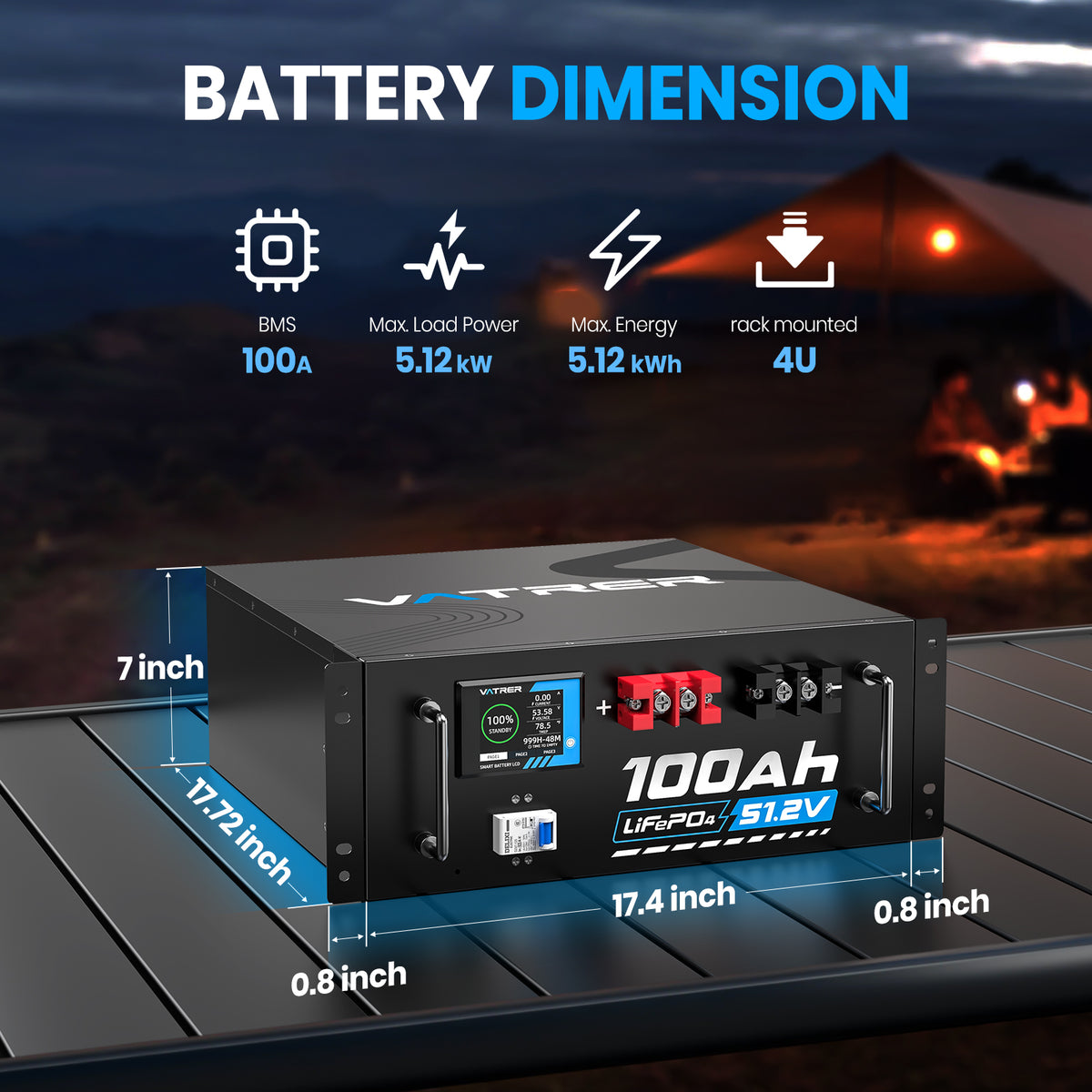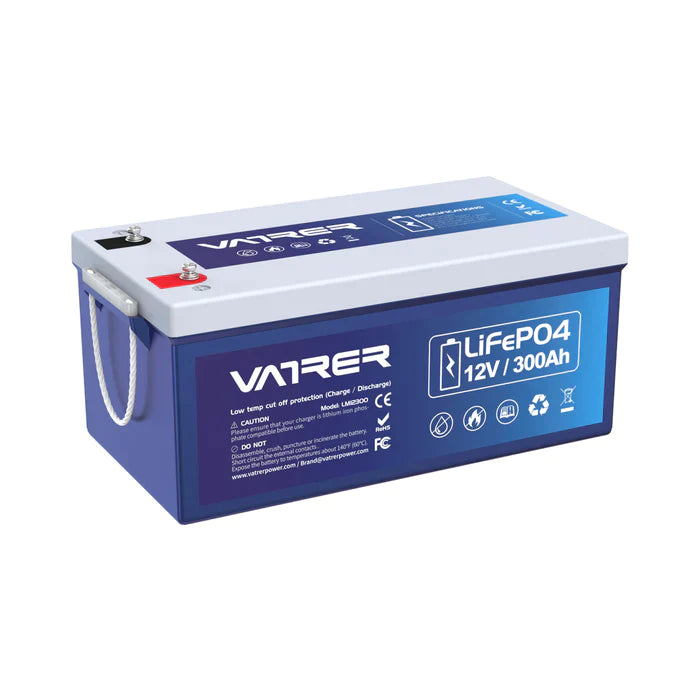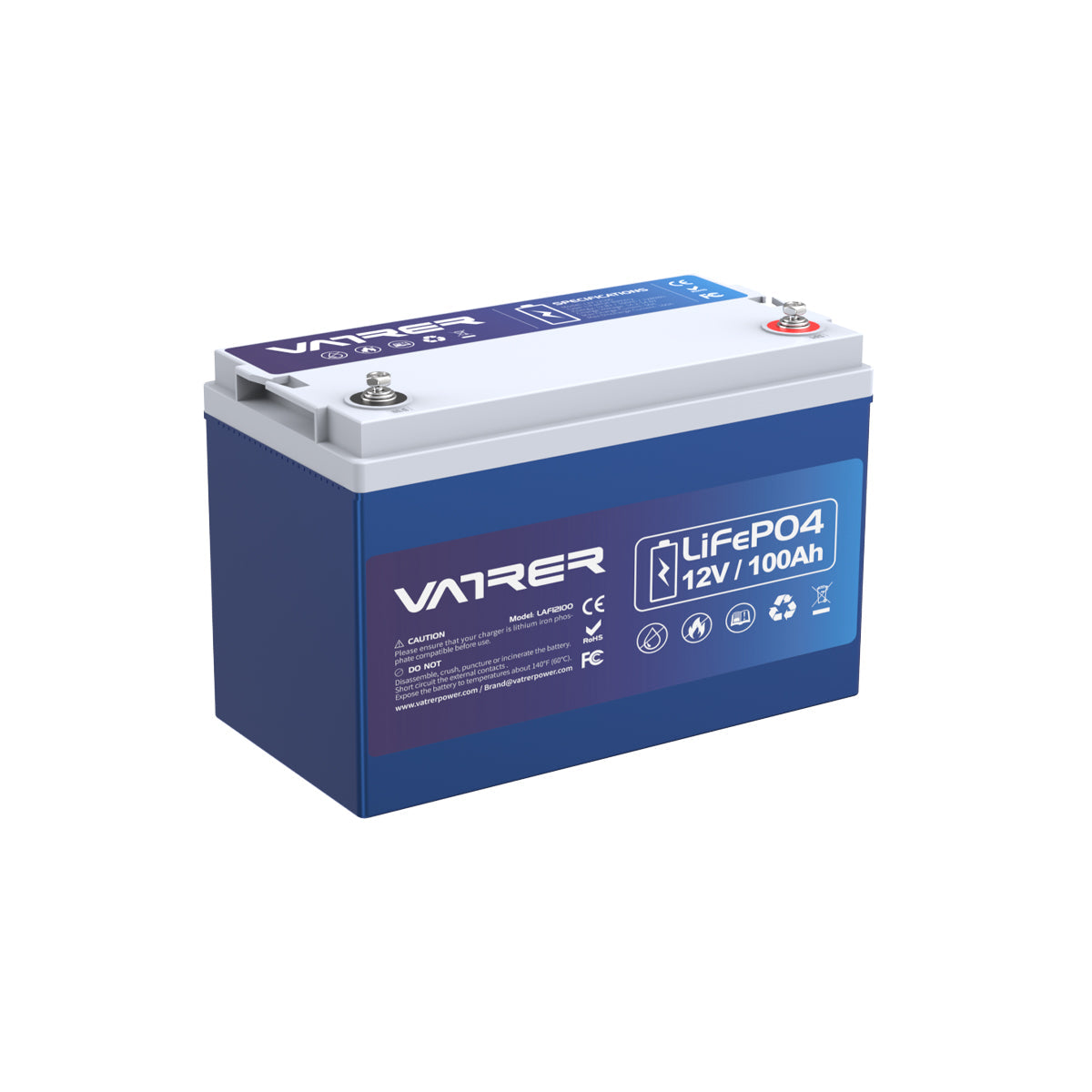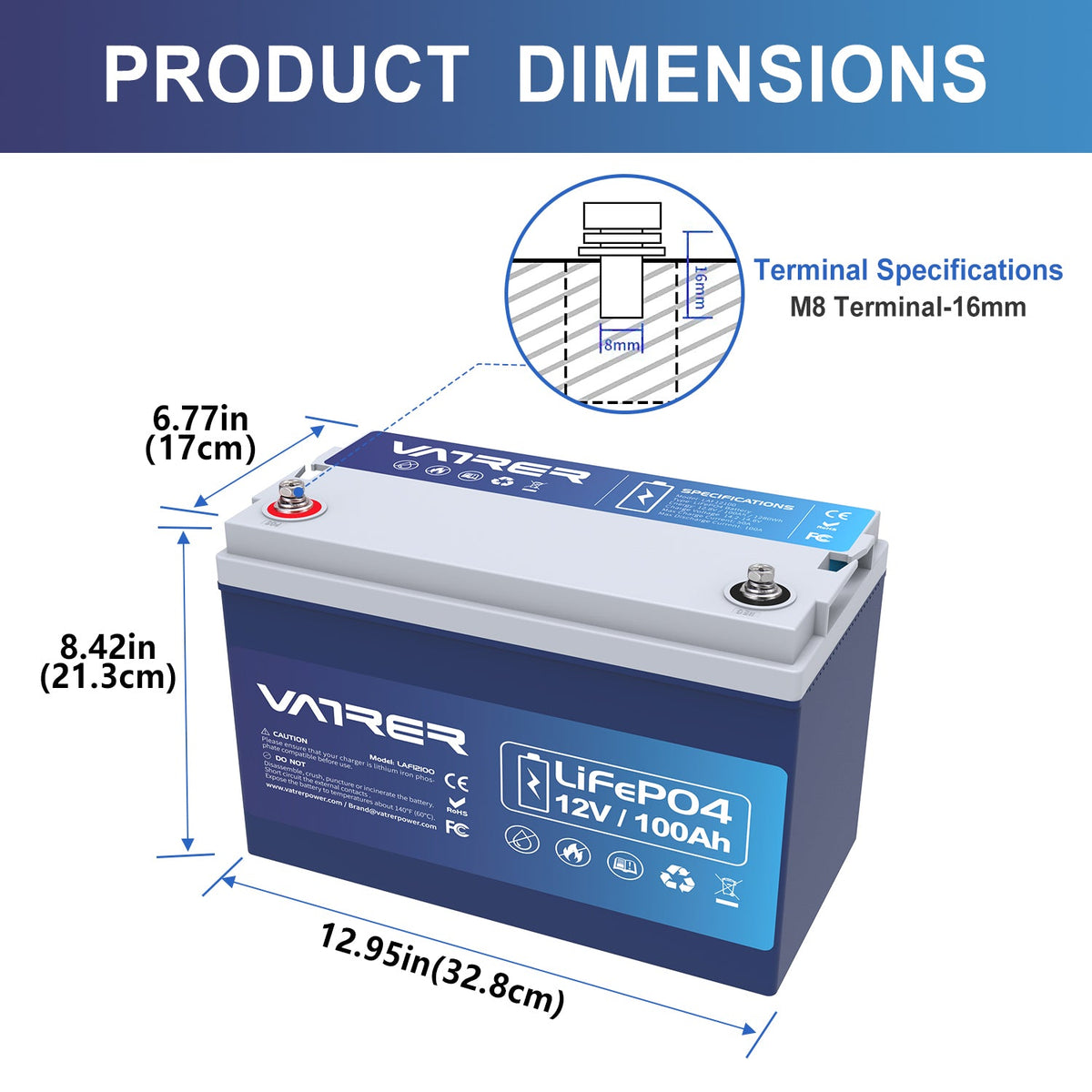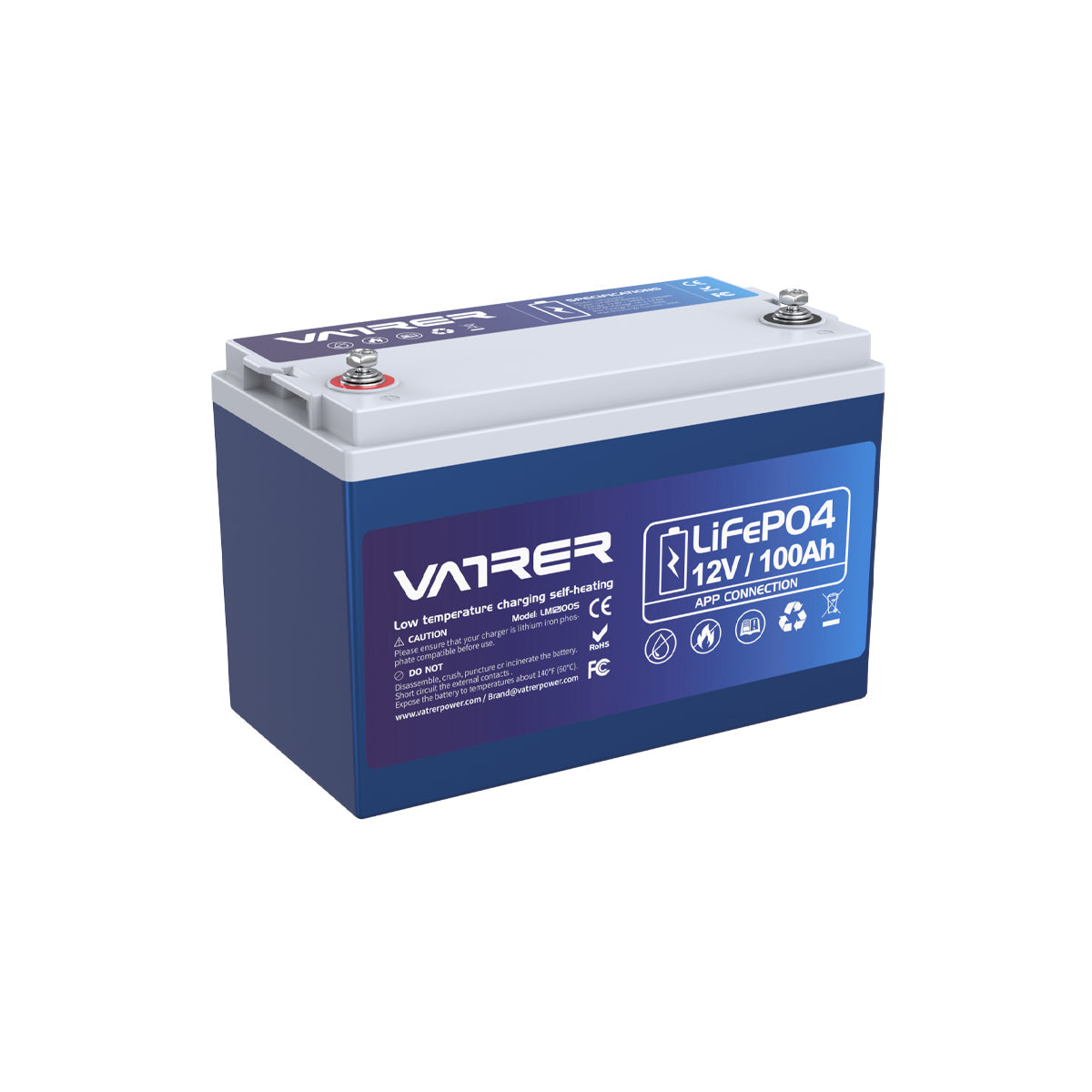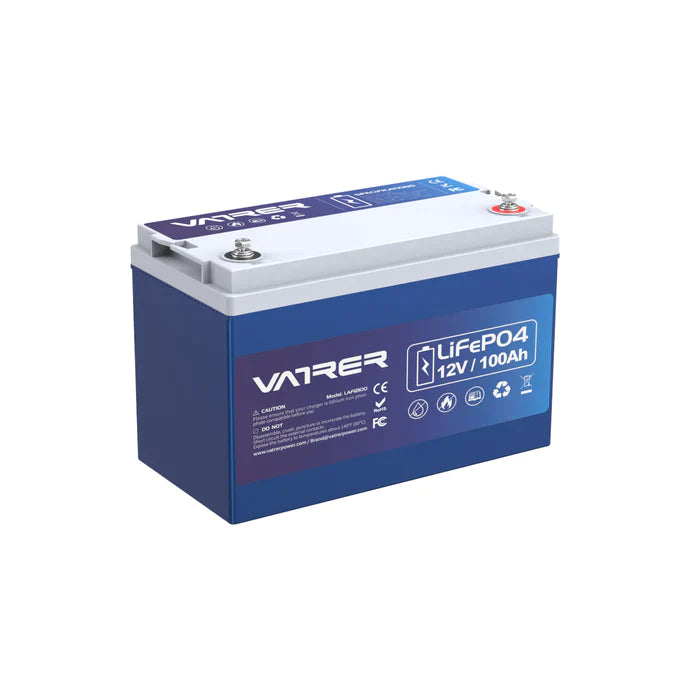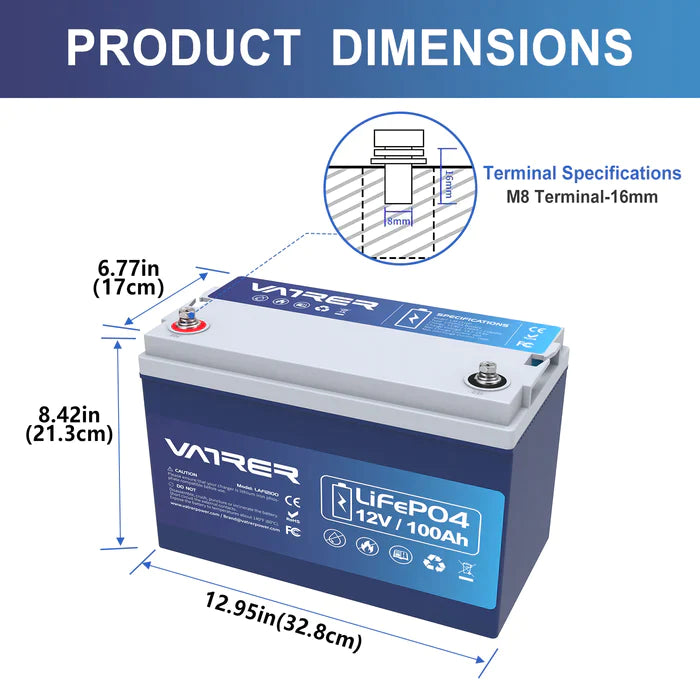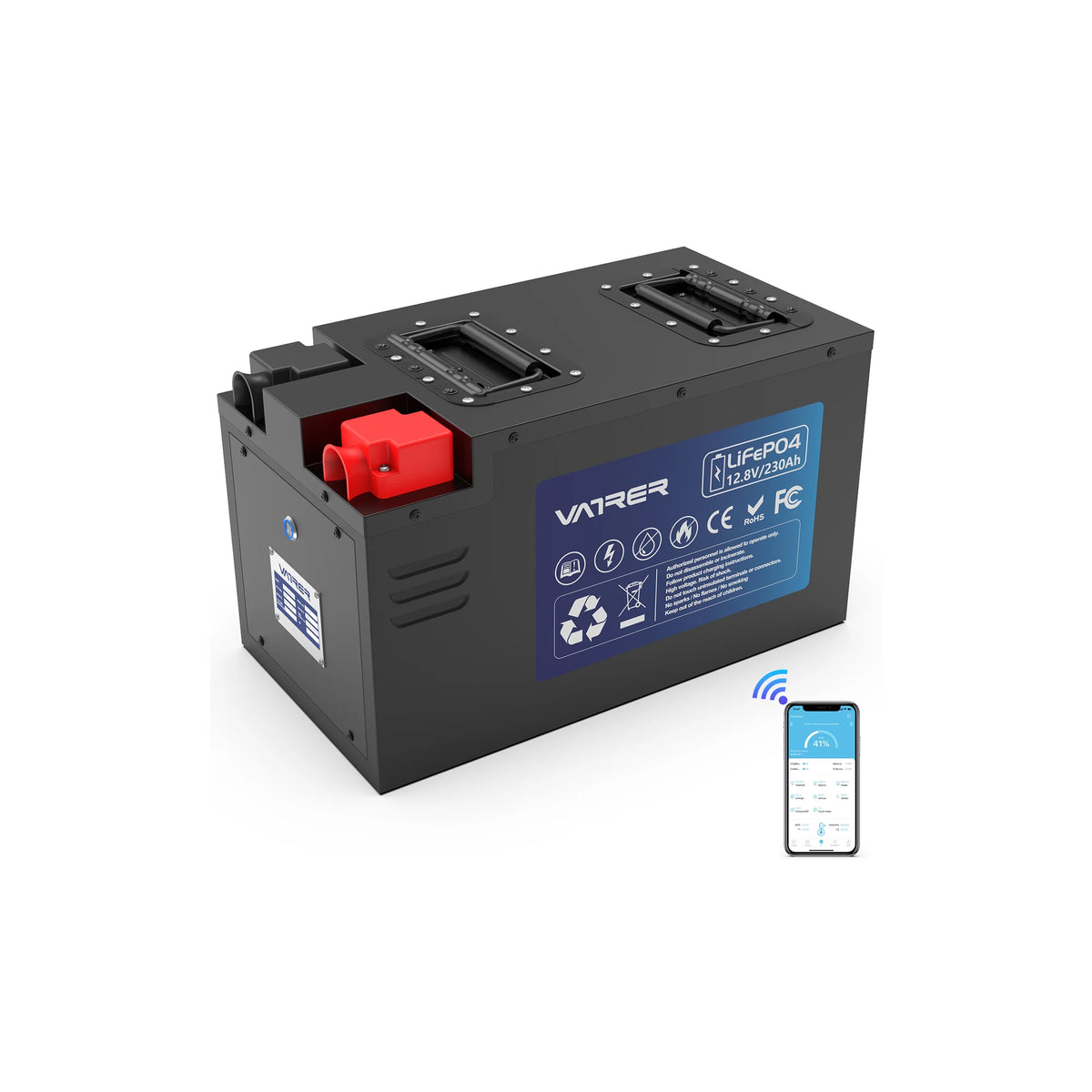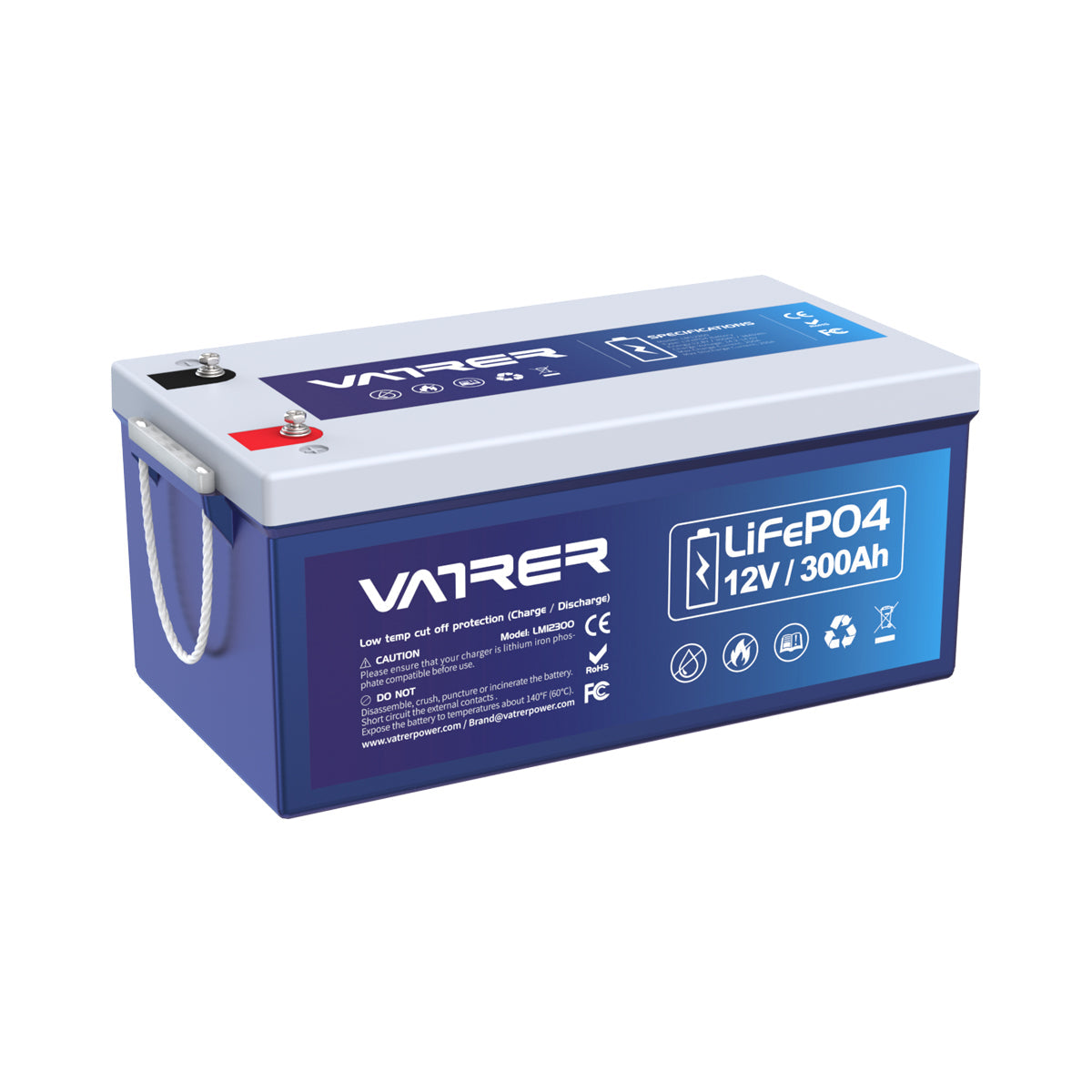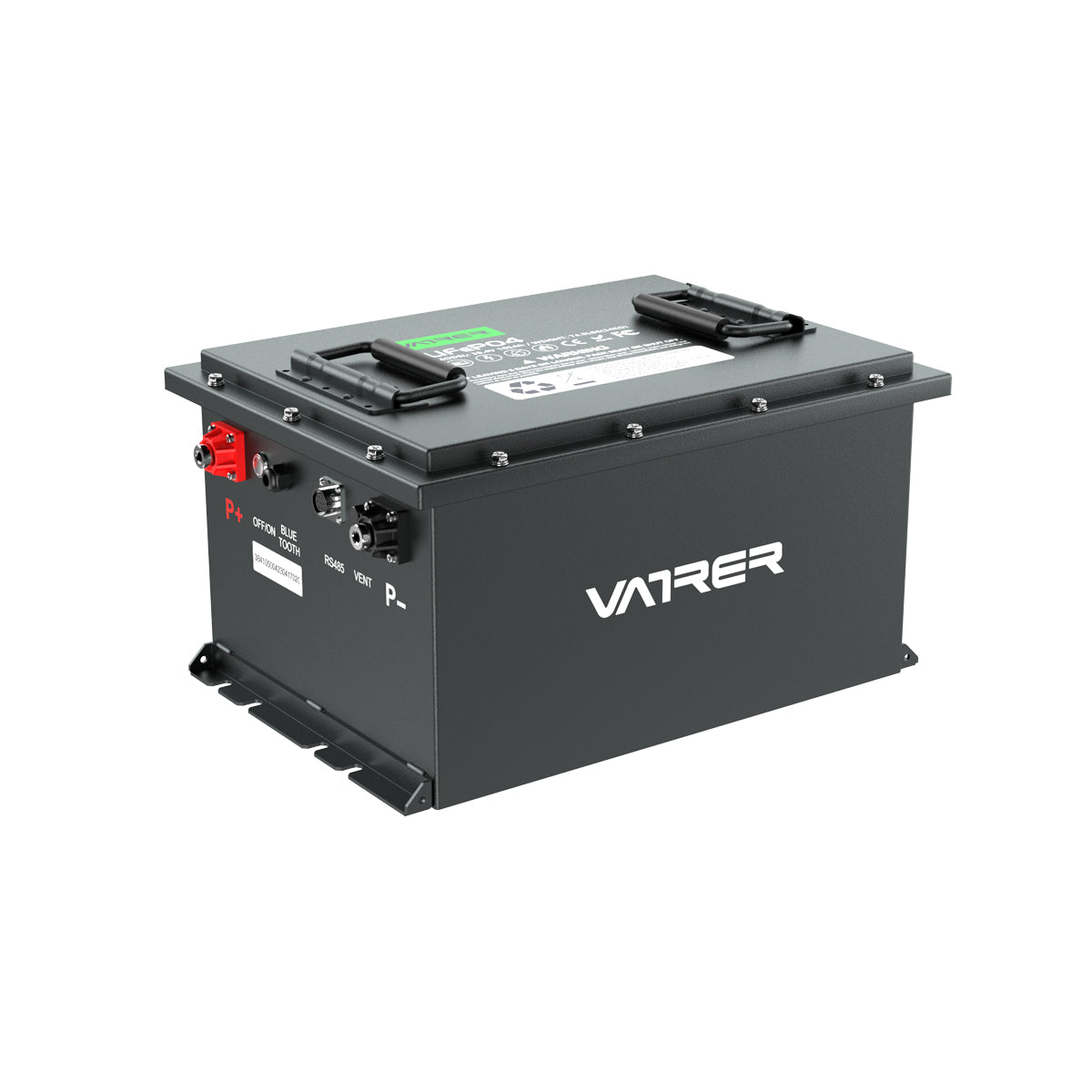1. Introduction
Recreational vehicles (RVs) offer the freedom to explore the open road while enjoying the comforts of home. A crucial component of this mobile lifestyle is the RV battery, which powers essential systems and appliances. Ensuring that the battery charges efficiently while plugged into shore power is vital for a seamless travel experience. However, RV owners often encounter issues where the battery fails to charge, leading to inconvenience and potential disruptions in travel plans. This paper explores the common reasons behind RV battery charging issues and provides insights into troubleshooting and prevention.

2. Role of the Converter/Charger
Functionality and Importance
The converter/charger is a pivotal component in an RV's electrical system. Its primary function is to convert alternating current (AC) from shore power into direct current (DC) suitable for charging the RV battery. This conversion is essential because most RV appliances and systems operate on DC power. A well-functioning converter ensures that the battery receives the correct voltage and current, maintaining its charge and prolonging its lifespan.
Common Converter Issues
A faulty converter is one of the most common reasons for a battery not charging. Issues can arise from internal component failures, such as blown fuses or damaged circuitry, which prevent the converter from delivering power to the battery. Additionally, overheating or physical damage can impair the converter's functionality. Regular maintenance and inspection can help identify and rectify these issues before they lead to charging failures.
3. Electrical Connections
Importance of Secure Connections
Secure electrical connections are crucial for efficient power transfer from the shore power source to the RV battery. Loose or corroded connections can impede the flow of electricity, resulting in inadequate charging or complete failure to charge. Ensuring that all connections are tight and free from corrosion is a fundamental step in maintaining a reliable charging system.
Identifying and Fixing Poor Connections or Corrosion
To identify poor connections, inspect all terminals and connectors for signs of wear or corrosion. Corrosion often appears as a white or greenish buildup on metal surfaces. Cleaning these areas with a wire brush and applying a corrosion inhibitor can restore proper conductivity. Additionally, tightening any loose connections can prevent future issues and ensure consistent power delivery.
4. Charger Compatibility and Settings
Ensuring Charger Compatibility
Not all chargers are compatible with every type of RV battery. Using an incompatible charger can lead to insufficient charging or even damage to the battery. It is essential to verify that the charger is designed for the specific battery type and capacity. Consult the battery's specifications and the charger's manual to ensure compatibility.
Correct Charger Settings
Even with a compatible charger, incorrect settings can hinder the charging process. Many modern chargers offer adjustable settings for different battery types and charging modes. Ensuring that the charger is set to the appropriate mode for your battery type (e.g., lead-acid, lithium-ion) is crucial for optimal charging performance.
5. Power Source and Circuit Breakers
Checking Power Source Reliability
A reliable power source is fundamental for charging an RV battery. If the shore power supply is unstable or insufficient, the battery may not charge effectively. Testing the power outlet with a multimeter can confirm that it provides the correct voltage and current. If issues are detected, contacting the campground or power provider for assistance is advisable.
Identifying and Resetting Tripped Breakers
Tripped circuit breakers can interrupt the flow of electricity to the RV's charging system. Inspect the RV's electrical panel for any tripped breakers and reset them as necessary. If breakers continue to trip, it may indicate an underlying electrical issue that requires professional attention.
6. Battery Condition and Age
Impact of Battery Age on Charging
The age and condition of the RV battery significantly affect its ability to charge. Over time, batteries naturally degrade, losing their capacity to hold a charge. Older batteries may require longer charging times or may not charge fully. Regularly testing the battery's voltage and capacity can help determine if it needs replacement.
Signs of Battery Deterioration
Signs of battery deterioration include reduced run time, difficulty holding a charge, and visible damage such as swelling or leakage. If these symptoms are present, replacing the battery is often the most effective solution to restore reliable charging.
7. Additional Troubleshooting Steps
Inspecting Wires and Fuses
Damaged wires or blown fuses can disrupt the charging circuit. Inspect all wiring for signs of wear, fraying, or damage, and replace any compromised sections. Additionally, check all fuses in the charging system and replace any that are blown with fuses of the same amp rating to prevent overheating and potential fire hazards.
Checking Battery Disconnect Switch
The battery disconnect switch is designed to isolate the battery from the RV's electrical system when not in use. If this switch is in the wrong position, it can prevent the battery from charging. Ensure that the switch is set to the correct position to allow charging when plugged into shore power.
8. Conclusion
In conclusion, several factors can contribute to an RV battery not charging while plugged in, ranging from converter issues and poor electrical connections to incompatible chargers and aged batteries. By understanding these potential causes and implementing regular maintenance and troubleshooting practices, RV owners can ensure their batteries remain charged and ready for use. Regular inspections, timely replacements, and adherence to manufacturer guidelines are key to preventing charging issues and maintaining a reliable power supply for all RV adventures.






